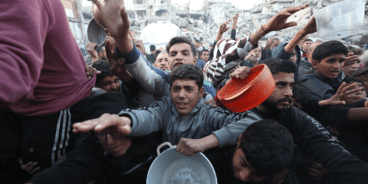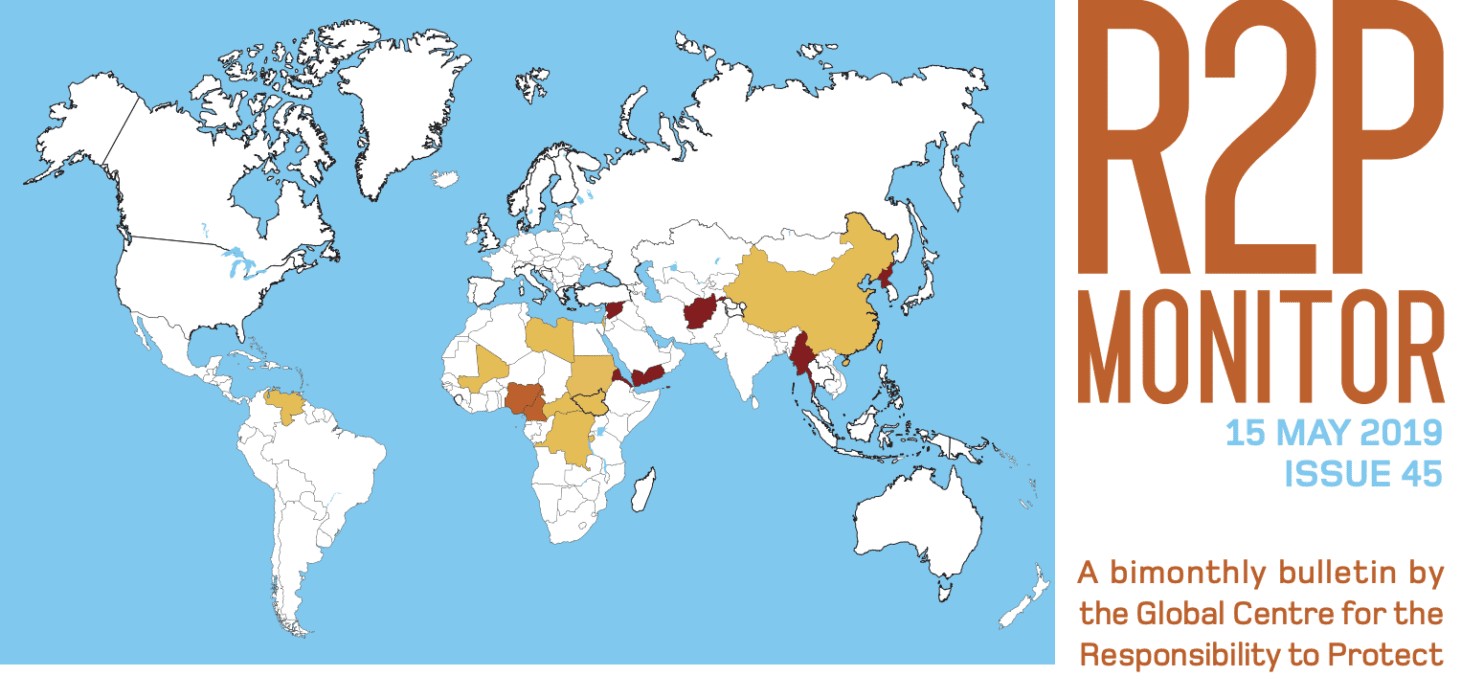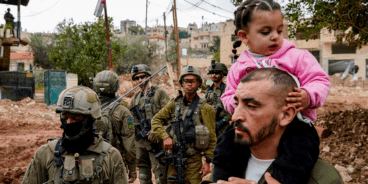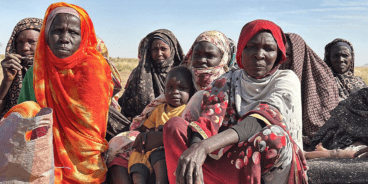

R2P Monitor, Issue 45, 15 May 2019
R2P Monitor is a bimonthly bulletin applying the Responsibility to Protect lens to populations at risk of mass atrocities around the world. Issue 45 looks at developments in Afghanistan, Myanmar (Burma), Syria, Yemen, Cameroon, Nigeria, Burundi, Central African Republic, Democratic Republic of the Congo, Israel and the Occupied Palestinian Territories, Mali, South Sudan and Venezuela.
Highlights include:
Current Crisis
Afghanistan
The UN documented increased civilian casualties in Afghanistan during 2018, largely attributed to the use of improvised explosive devices by the Taliban and other anti-government armed groups. Some progress towards ending the war has been made in talks between the United States and the Taliban, but the exclusion of representatives of the Afghan government, women, and various ethnic minorities remains problematic.
Myanmar (Burma)
Since November 2018 conflict has flared in Rakhine State between Myanmar’s military and the Arakan Army (AA), an armed group seeking greater autonomy for the ethnic Rakhine Buddhist population. Myanmar’s security forces have shelled villages, blocked food supplies and arbitrarily detained civilians. Many of the military units fighting the AA have been implicated in crimes against humanity, war crimes and genocide perpetrated against the Rohingya in Rakhine State.
Syria
Since the Syrian crisis began in 2011 the conflict between the government and opposition groups has escalated into a civil war in which at least 560,000 people have been killed. The recent escalation of fighting in Idlib and adjoining portions of Aleppo and Hama governorates – the last remaining opposition strongholds within Syria – puts populations at ongoing risk of mass atrocity crimes.
Yemen
Despite diplomatic efforts to end Yemen’s four-year war, populations remain at risk of war crimes and are experiencing the largest humanitarian crisis in the world. Despite the December 2018 “Stockholm Agreement” and the ceasefire in Hodeidah largely holding, hostilities have intensified elsewhere, however, particularly in Al-Dhale, Hajjah, and Taiz governorates.
Imminent Risk
Cameroon
Populations in Cameroon are at imminent risk of potential atrocity crimes due to the ongoing crisis in the Anglophone regions and military operations against the armed extremist group, Boko Haram. According to OCHA, eight out of ten regions in Cameroon are currently affected by political violence.
Nigeria
Recurring inter-communal violence in the “Middle Belt” region and ongoing attacks by Boko Haram continue to threaten populations in Nigeria.
Serious Concern
Burundi
State forces in Burundi – including the National Intelligence Service – continue to perpetrate violations and abuses of human rights that may amount tho crimes against humanity. The government has continued its open hostility directed towards UN mechanisms, institutions and experts, including through permanently closing the UN human rights office in Bujumbura on 28 February.
Central African Republic
Despite the signing of a peace deal during February, ongoing fighting amongst armed groups in CAR leaves civilian populations at risk of attack.
Democratic Republic of the Congo
Several provinces in eastern DRC – notably North Kivu, South Kivu, Ituri and Tanganyika – have been plagued by recent inter- communal violence and attacks by armed groups. More than 100,000 people have been displaced by fighting amongst armed groups in North Kivu since April. Meanwhile, widespread displacement from Ituri and North Kivu contributes to an already precarious security and humanitarian situation as the international community attempts to confront cholera, measles and Ebola outbreaks that have claimed the lives of thousands of people.
ISRAEL AND THE OCCUPIED PALESTINIAN TERRITORIES
According to a report by the Commission of Inquiry on the 2018 Gaza protests, between 30 March 2018 and 11 February 2019 at least 189 Palestinians were killed and over 25,252 wounded by the Israeli Defense Forces along the border between Gaza and Israel during a series of mass demonstrations. The Commission concluded that the Israeli Defense Forces violated International Humanitarian Law, possibly amounting to crimes against humanity or war crimes.
Mali
Since 2015 Islamist armed groups have expanded their activities from northern to central Mali, prompting the formation of ethnic militias and armed “self-defense groups” in many communities. Ethnic militias and armed “self-defense groups” have targeted civilians in attacks that have resulted in more than 600 deaths since March 2018. Most fighting has taken place between Dozos – traditional hunters mainly from the Dogon ethnic community – and ethnic Bambara fighters, against members of the Fulani community.
South Sudan
Despite the September 2018 signing of the Revitalized Agreement on the Resolution of the Conflict in the Republic of South Sudan, conflict-related sexual violence remains rampant in South Sudan with hundreds of new cases reported between September and December 2018.
Venezuela
The start of Venezuelan President Nicolas Maduro’s second term in January 2019 sparked a diplomatic crisis as dozens of governments, including the United States and many Latin American and European countries, recognized the leader of the opposition-controlled National Assembly, Juan Guaidó, as interim President. On 30 April tensions escalated when Guaidó called for a popular uprising in what he announced would be the “final phase” to remove President Maduro from power. Despite violent clashes between some rival groups of soldiers and police, the government announced that it had defeated an “attempted coup.”
Related Publications


Atrocity Alert No. 428: Israel and the Occupied Palestinian Territory, Myanmar (Burma) and Ukraine
